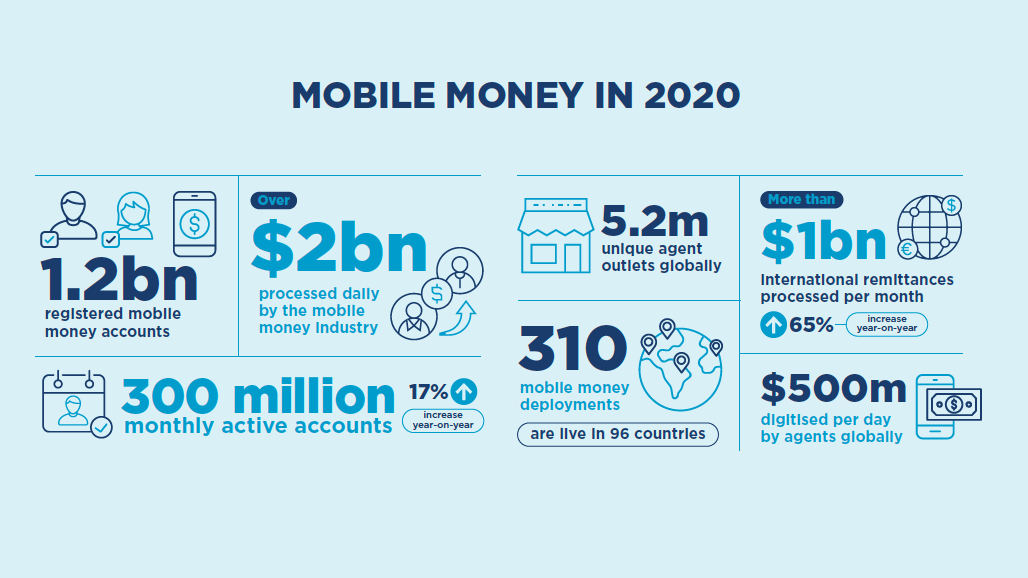Delivered by ABA Chairman Mr. Eugene S. Acevedo as his Opening Remarks at the “13th Mobile Money & Financial Inclusion Virtual Summit 2022
 Today, I will speak about the rising trends in the banking industry. I will do my best to describe in detail what is happening, and my expectations for the near future.
Today, I will speak about the rising trends in the banking industry. I will do my best to describe in detail what is happening, and my expectations for the near future.
Before diving into my material, there are two things I would like to share:
First – I have realized that, in extrapolating trends, it is useful to study the banks in the more advanced countries. Before the pandemic, I immersed myself in several leading banks in the region with my management team. The future is literally happening in the Asian neighborhood.
Second – I have always paid attention to banking surveys. For a long time, the main reason for opening an account was, as they say in the real estate business: location, location, location. That has changed. Mobile apps, after all, do not need location.
The financial services industry has gone digital in a substantial way. And when customers taste digital, they will not go back to traditional. The battleground is no longer location. The new battleground is user experience.
Our new recruits do not look or behave like the stiff bankers of the old days. If I graduated now as a physics or statistics major, I would be welcome into the bank.
But let’s talk about things that get us worried. Our margins are narrowing. We need to manage down opex, partly with an axe called re-engineering, but mostly through digital tools.
Finally, a reminder that, before we fall in love with all things digital, we remember that we have a commitment to leave a clean and more inclusive planet for future generations.
When I was a young trader in the 90’s, it was big news when Swiss franc interest rates became negative. Now, most interest rates are close to zero, if not negative.
Take for example Danish banks. Last year, they offered a zero percent mortgage rate for 20 years. Imagine that!
In the Philippines, the net interest margin is around 4%. And this is before you deduct operating expense. In this Danish example, the margin is less than 1%. How will we manage in Asia when asset yields drop further?
It is looking clear that the only sustainable solution is a digital transformation exercise which will radically cut the cost of product delivery.
We need to recognize the undeniable fact that the sun has set on traditional banking.
Financial technology companies or Fintechs have become first movers, armed with customer-centric solutions, winning customers away from banks. To measure up against our fintech competitors, we have to work with them and borrow from their playbook.
The best known fintechs in the region have millions of digital users, and offer compelling financial products with great customer interface. They collaborate with other fintechs and traditional companies across platforms and ecosystems. They have an entrepreneurial culture.
Can a Bank be a fintech? Can we integrate technology into financial services, and adopt an entrepreneurial start-up vibe. We need to change our models, looking beyond traditional banking and compare ourselves with transformative companies like Amazon, Netflix, or Airbnb.
In order to do this, we need to create a digital-savvy and customer-obsessed organization.
We have started to train our bankers in design thinking and agile project management. Cross functional teams will become the norm, as we invent and reinvent our services.
The vast majority will need to be educated on Coding and the latest emerging technologies: Blockchain, Crypto, Data Science, Robotics and AI.
We will need to integrate a deep awareness of Customer Experience or CX principles in our culture.
People transformation is key.
Beyond transforming the way we do business, as Bankers we also need to adopt important societal advocacies. In our case, we chose problems that we could help solve using our own unique internal capabilities.
First, climate change. In December 2020, RCBC became the first bank in the Philippines to declare that we will no longer fund coal-powered plants.
We have also taken the lead roles in financing some of the region’s biggest renewable energy projects. Investors have supported our advocacy by subscribing to our Sustainability Bond issuances.
Second is financial inclusion.
This remains a major societal challenge in the Philippines, where many have no means nor incentives to participate in the formal financial system.
To help solve this problem, we developed a financial inclusion app, Diskartech, to create millions of new basic digital accounts in an interface that uses multiple local languages.
To close, I have to admit there is still a much to be done. Transformation will be ongoing for a very long time. But we really have no choice. We, banks, need to stay relevant.
Thank you for your time and enjoy the rest of the conference.


Leave a Reply